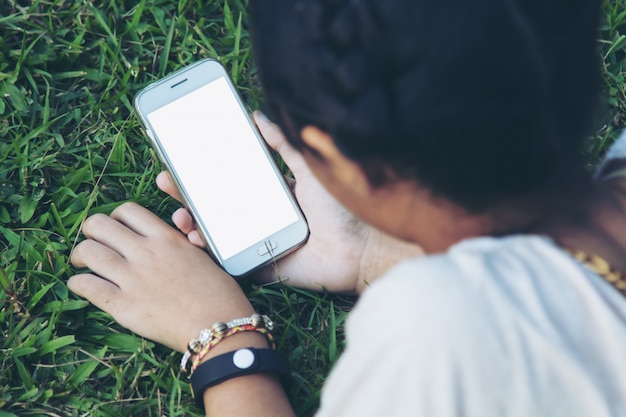Diet and fitness apps had a positive effect on users, with more than 90% reporting an increase in their desire and motivation to eat healthy and be physically active.
New US research has suggested that mobile phone apps could not only be effective for our physical health but also our mental health, finding that those who used them reported a higher level of emotional wellness.
Carried out by Brigham Young University health science researchers, the group set out to identify what it is about health apps that influences users’ behavior.
The research looked at 600 people across three studies, which looked at diet, physical activity or mental health apps.
Participants had all used an app in the past six months and were surveyed on the likeability of the apps, their engagement, and any behavior changes.
The team were unsurprised to find that the diet and fitness apps had a positive effect on users, with more than 90% reporting an increase in their desire and motivation to eat healthy and be physically active.
 |
| LivOn Labs Lypo-Spheric Vitamin C 1000mg - 30 Packets |
Product Description
Why LivOn's Lypo-Spheric Vitamin C?
Most ordinary forms of oral Vitamin C - tablets, capsules, powders, liquids and even the Vitamin C from your diet - are not processed and absorbed efficiently by your body. As a result, much of this Vitamin C is never transferred into your bloodstream and even less of it makes it into your cells where it's needed most. In fact, when you take 1,000mg or more of regular oral Vitamin C, more than half of it is digested and passed as waste by your body.*
Although using an app to tackle mental and emotional health problems are not a traditional treatment, the findings suggest that they could be a worthwhile and effective tool. Previous research has shown that people struggling with mental and emotional health problems can feel like they lack control, and taking action with an app could help this, although some problems need to be addressed by a medical health professional.
“This is great news for people looking for inexpensive, easily accessible resources to help combat mental and emotional health illness and challenges,” commented Ben Crookston, associate professor of health science at BYU, with co-author Josh West adding, “these apps are engaging and if we can get people to use them more often, the potential certainly exists to help people change their behavior.”
The team now hope to continue their research in this area by looking into what kinds of apps are most effective at improving mental and emotional wellness.
A better understanding of how apps work to positively change behavior can not only help on an individual level but can also help health providers provide better treatment.
The three research studies were published in JMIR mHealth and uHealth.

No comments:
Post a Comment